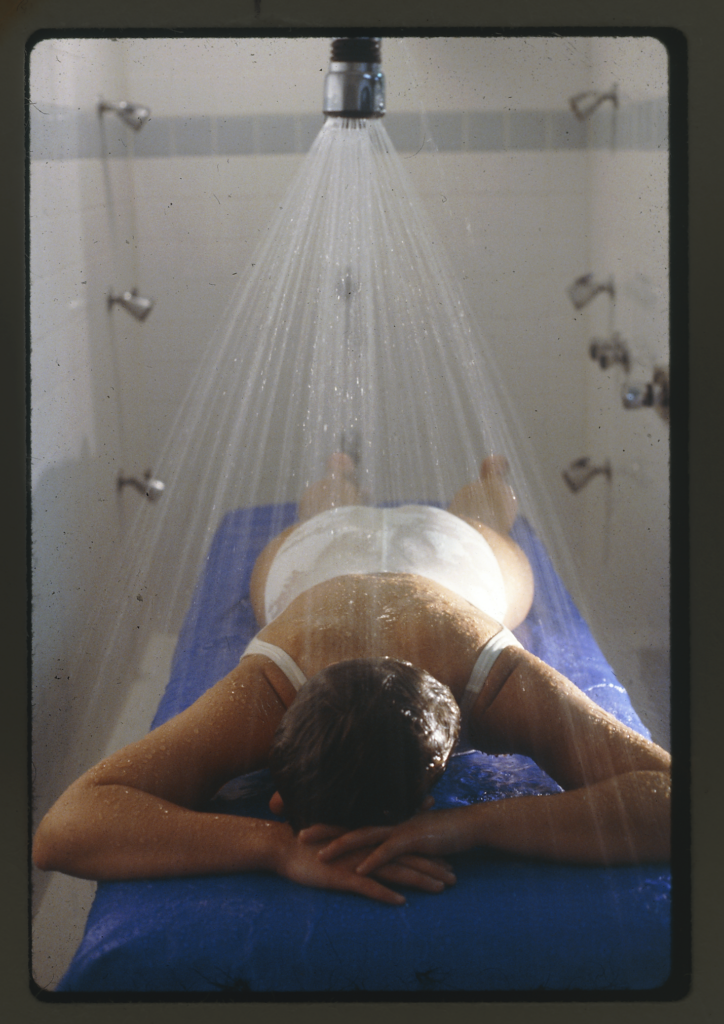This blog post is written by Marybetts Sinclair, LMT, author of Hydrotherapy for Bodyworkers
The seasonal cycle of respiratory viral diseases has been recognized for thousands of years, as annual epidemics of the common cold and influenza disease hit the human population like clockwork in the winter season. Studies have long shown the effect of temperature and humidity on viruses’ survival and transmission to others.” -Immunologist J. Moriyama
“When someone with COVID-19 coughs inside a room with dry air, virus particles stay in the air and remain on surfaces longer, and go deeper into the body, which increases the risk of contracting a virus and the severity of the infection.” –Engineer David Baird
The viruses that cause colds, flu and COVID-19 will thrive this winter partly because cooler temperatures cause us to be indoors more. As we crank up the heat to warm our offices and homes, the indoor air dries out, affecting your entire respiratory system. The upper part of your respiratory system, including your throat and nose, is lined with moist membranes that capture dirt, dust, viruses and bacteria before they reach your lungs. Proper humidity levels help these membranes do their job. But if your home or office air is very dry, moisture is drawn from these membranes as well as many other parts of the body, and even the fluid that hydrates your bronchial tubes can quickly evaporate, making it easier for harmful particles to get into the sensitive areas of your lungs. Cilia do not work as well in dry conditions either, making it more difficult for them to pass virus and debris out of the lungs.
Signs you are breathing too much dry air include a scratchy sore throat that lasts for days, cracked lips, fingertips or heels, bloody noses, itching or flaking skin, chapped lips, even a feeling of tightness around joints. If you or one of your clients is contagious with a flu, cold, or COVID, even before that person even knows they are sick, dry air may help transmit it to the other person.
Continue reading